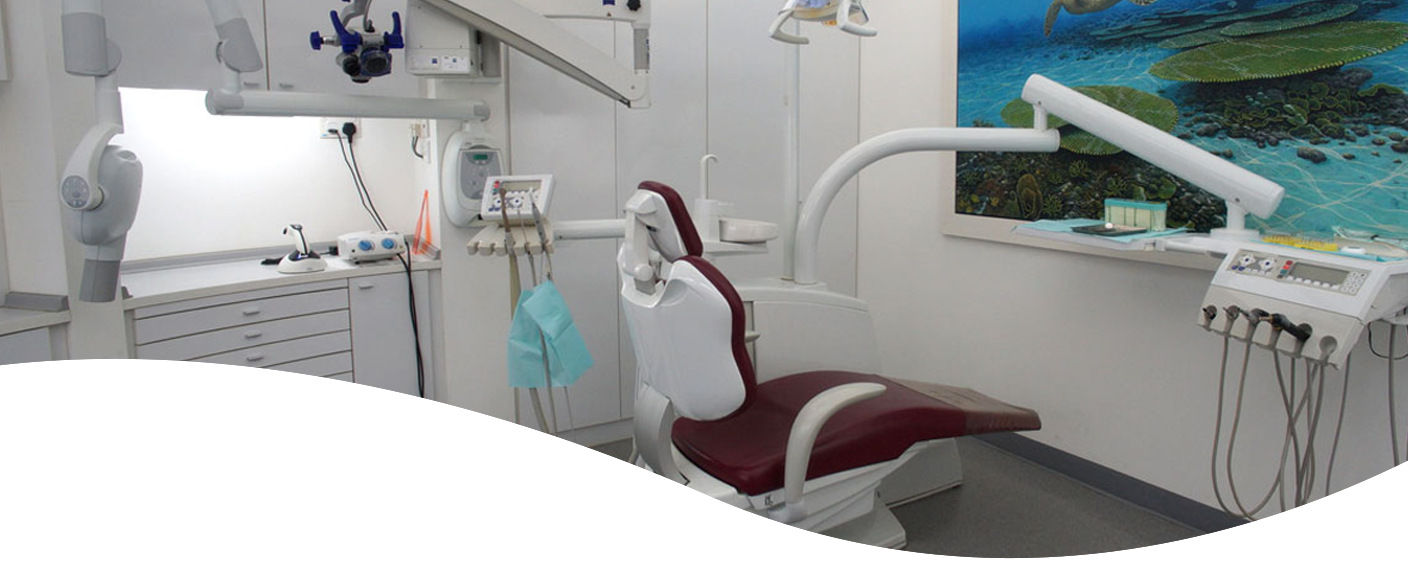How can we help you today?
Check up and Cleaning
Full mouth examination, scaling & polishing
Routine dental checks and cleaning are necessary to keep your teeth and gums in good condition. As common dental problems like decay and gum disease are usually painless in their early stages, the early diagnosis and treatment of such dental problems can help you to reduce the possibility of needing complex and expensive treatment later on. We recommend 6 monthly dental check ups and cleaning in general. However, for patients who are more prone to decay and/or gum disease, shorter intervals may be beneficial.
Children’s Dentistry
Examination, scaling and polishing, fillings, extractions, fluoride therapy
Most children start teething at about 6 months old, and have their full set of baby teeth by 2.5 years old.
Decay can set in as fast as a few months after a tooth erupts into the mouth.
Hence we recommend bringing children for their first dental check at the age of 1.
An examination can be done to review your child's teeth and gums. From there, we can advise if any dietary or oral hygiene practise changes are necessary.
Please do not worry if your child cries the whole time.
While it is true that most baby teeth are temporary teeth, they are nonetheless important for eating (one of the best things in life, right?). Baby teeth start dropping out when adult teeth come in at about 6 years old and are only completely shed by the age of 11-12 on average. That's a good 6-11 years that baby teeth are around! Baby teeth are also important cursors for adult teeth to erupt into correct positions, so the early loss of them is more likely to increase the need for braces in future.
How to prepare your child to see a dentist:
- Read a book about going to the dentist
- Tell them that the dentist is going to count how many teeth they have and check if all their teeth are in a good condition
- Schedule their appointment at a time where they are likely to be in a good mood and well rested
- Keep positive vibes up (even if you're not a great fan of seeing dentists yourself)
The Baby Bonus Child Development Account (CDA) can be used to pay for both consultation and treatment.
Pain
Fillings, root canal treatment, extractions
Two most common causes of dental pain are decay and gum disease. Dental x-rays are often required to ascertain the cause of pain, and from there, appropriate treatment can be done.
Missing teeth
Implants, bridges, dentures
The replacement of missing teeth can help to provide more surfaces for one to chew on. Missing teeth can be replaced via the placement of dental implants (titanium screws in the jaw bone, supporting false teeth), bridges (whereby the adjacent real teeth are shaved and used as supports for the missing teeth), or dentures (whereby removable false teeth are made, supported by gums and remaining teeth).
Dental implants
The closest replica to a real tooth
Dental implants are by far the most comfortable and conservative method of replacing missing teeth, compared to dentures or bridges. This is because they rest on bone rather than on gums unlike dentures, and do not involve the sacrificing and shaving of adjacent teeth unlike bridges. A 3D Cone Beam Computed Tomography scan is required to determine whether one has sufficient bone height and bone width to sustain a dental implant. Careful planning and accurate positioning of a dental implant is integral to it's longevity and success. Here at Rochor Dental Clinic, we use precision swiss made dental implants, from either Nobel Biocare or Straumann® . Implant surgeries can be partly subsidized by Medisave (for Singaporeans and Singapore PRs).
Stained / discoloured teeth
Scaling & polishing, fillings, root canal treatment
Stains on teeth may accumulate externally from coffee/tea consumption, the presence of chromogenic bacteria or tartar/calculus build up. They can be removed via scaling and polishing if so. If there is internal discolouration of a tooth due to past trauma, it can be managed via root canal treatment and internal bleaching of the tooth.


